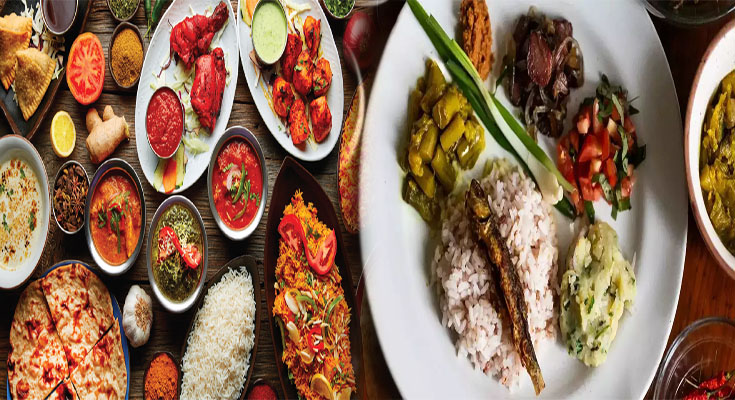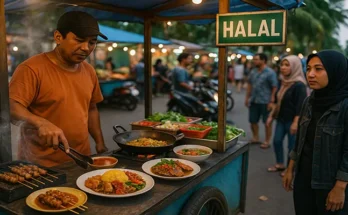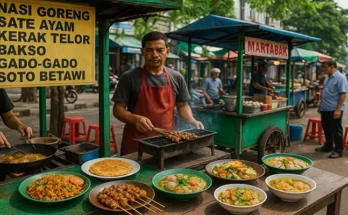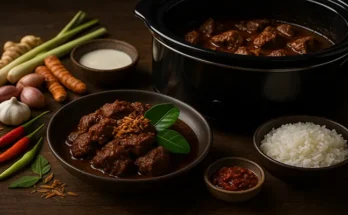The rich tapestry of human culture is intricately woven with the thread of culinary traditions, each borne out of unique geographical, historical, and cultural influences. The evolution of regional cuisines is a testament to the deep connections between food and identity, serving as a reflection of the customs, beliefs, and heritage of a particular community. As these cuisines have traversed time and space, they have left an indelible mark on the world, enriching global gastronomy with their diverse flavors and cultural significance.
Ancient Roots and Culinary Traditions
At the heart of every regional cuisine lies a narrative of tradition and innovation, with roots that often trace back to ancient civilizations. These culinary traditions were shaped by the bountiful harvests of the land, the fishing practices of coastal communities, and the husbandry of livestock in pastoral landscapes. The flavors and ingredients that emerged from these early practices became foundational elements in the development of regional cuisines, entrenched in the very fabric of cultural heritage.
Example: The Mediterranean Diet
The Mediterranean region, encompassing countries such as Greece, Italy, and Spain, boasts a culinary tradition characterized by an abundance of olive oil, fresh vegetables, and seafood. This diet, celebrated for its health benefits, has been shaped by centuries of agricultural practices and cultural exchange, reflecting the synergistic relationship between food and lifestyle.
Cultural Exchange and Fusion of Flavors
Throughout history, the intersection of different cultures through trade, conquest, and migration has led to a remarkable exchange of culinary knowledge and ingredients. The spice routes of Asia, the Silk Road, and the maritime explorations of the Age of Discovery all contributed to the amalgamation of flavors, giving rise to innovative culinary fusions and the diversification of regional cuisines.
Example: Fusion Cuisine in the Americas
In the Americas, the blending of indigenous ingredients with those brought by European colonizers and African slaves resulted in the evolution of Latin American and Caribbean cuisines. The use of corn, tomatoes, beans, and peppers alongside ingredients such as rice, wheat, and various spices has given birth to a vibrant and diverse array of dishes that resonate with cultural echoes from around the globe.
Preservation of Culinary Heritage
In an ever-changing world, the preservation of traditional culinary practices serves as a means of safeguarding cultural heritage and promoting a sense of continuity for future generations. From the intricate rituals of food preparation to the communal aspects of dining, regional cuisines offer a window into the worldviews and values of the cultures from which they originate.
Example: Japanese Washoku
Washoku, the traditional dietary culture of Japan, embodies a harmonious balance of flavors, colors, and seasonal ingredients. Recognized by UNESCO as an Intangible Cultural Heritage, the practice of washoku reflects a reverence for nature, an appreciation for aesthetics, and a deep respect for the act of sharing meals, illuminating the cultural and spiritual dimensions embedded within culinary traditions.
Celebrating Diversity and Unity
The evolution of regional cuisines vividly illustrates the universal human experience of utilizing the resources of the environment to create nourishing and meaningful meals. These culinary legacies are a celebration of diversity, resilience, and adaptation, embodying the nuances and complexities of the human story.
As we continue to explore and savor the multitude of flavors and textures that define regional cuisines, we acknowledge their profound cultural significance and their ability to foster understanding, appreciation, and connection across the globe. In a world that is increasingly interconnected, the evolution of regional cuisines stands as a testament to the enduring power of food to transcend borders and unite us in a shared appreciation of culinary heritage.





